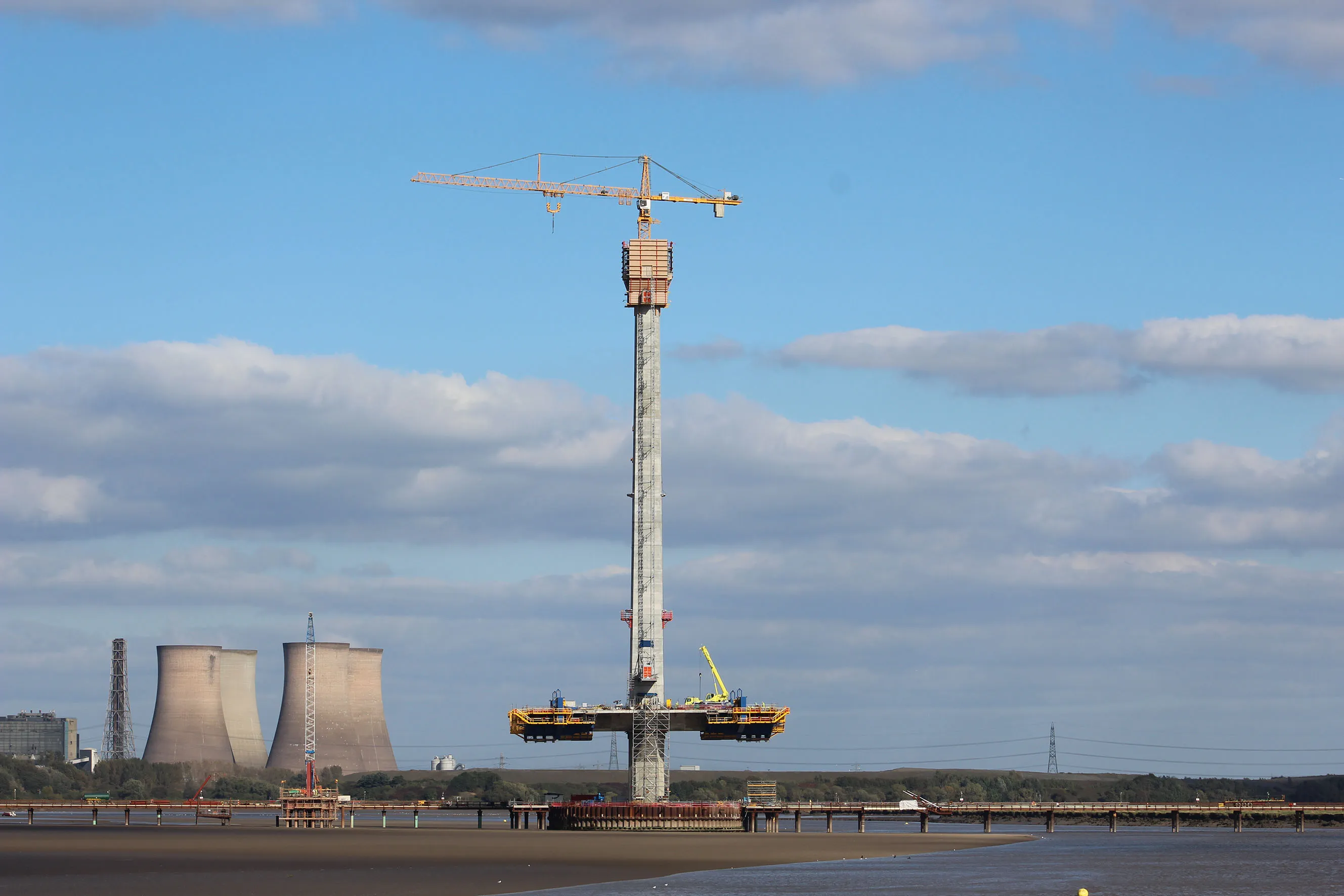
Laszlo Mosoczi, state secretary of the Ministry of Innovation and Technology, said a tender for the planning works is to be called in the autumn with a winner announced in early 2020. The entire project could take five or six years.
Szolnok, a town of 72,000 in the Great Hungarian Central Plain 100km east-southeast of the capital Budapest, already has a continuous beam St. Stephen's Bridge - Szent István Híd – a two-lane structure that opened in 1992.
Nearby the St. Stephen’s Bridge lies the remains of a Turkish wooden bridge built during the Ottoman Empire era in the 16th century. However, the bridge - believed to be the first permanent bridge over the Tisza - can be seen only when the river reaches extremely low levels.
The town also boasts the longest foot-bridge in Central Europe – the Mayfly Bridge (Tiszavirag Pedestrian Bridge) at the confluence of the rivers Tisza and Zagyva. It connects the centre of Szolnok to the green belt across the river helping to develop a recreational area. The 444m-long bridge has a span of 120m between the two supporting pillars and 60° outward leaning arches.







